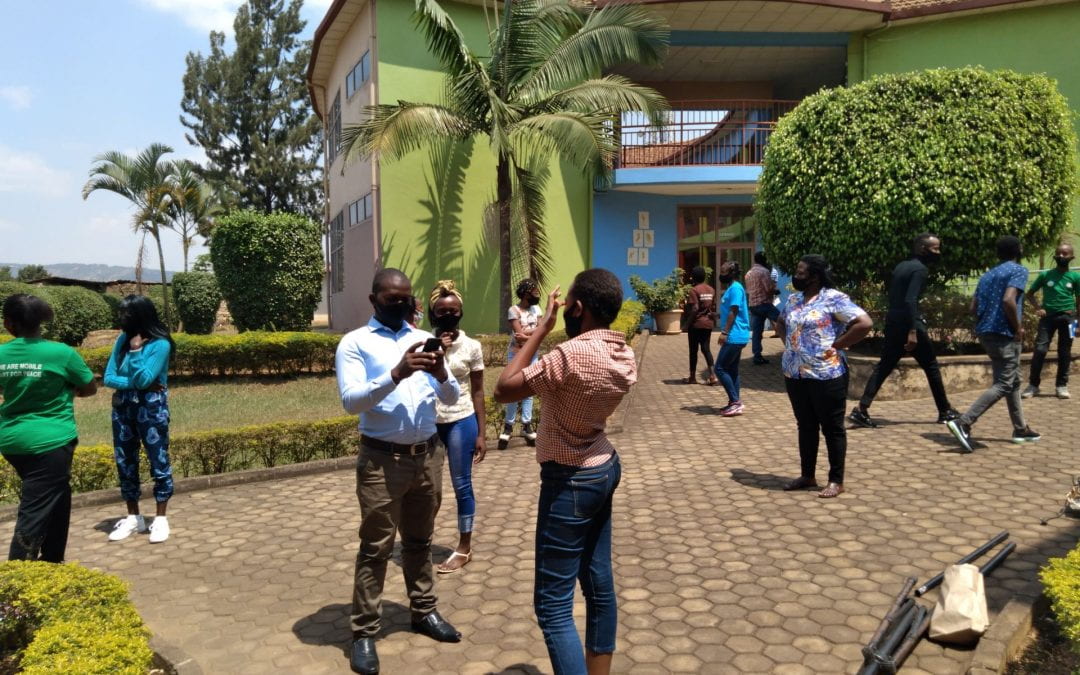
Arts-based Methods and Digital Technology for Peacebuilding during the time of COVID
Written by Professor Ananda Breed
Mobile Arts for Peace (MAP) and Changing the Story (CTS) hosted a three-day conference that focused on ‘Arts-based Research for Education and Peacebuilding’ from 5 – 7 August with the Institute of Research and Dialogue for Peace (IRDP) as a co-host in Rwanda.[1]
Speakers included the MAP youth facilitators and master trainers alongside the University of Rwanda, the National Unity and Reconciliation Commission (NURC), Never Again Rwanda, Aegis Trust, Rwanda Education Board (REB) and UNESCO as well as workshops, performances and panels. The conference used technology to link partners across Rwanda, Kyrgyzstan, Indonesia, Nepal, Cambodia, Uganda, the United Kingdom and other countries. Zoom, live camera feed, and combined physical and virtual break out rooms enabled connection and interaction between the 40 participants who were located at IRDP and between 40-50 participants who joined online across the three-day event. [2]
Due to travel restrictions and social distancing measures during the time of COVID, the event highlighted the opportunities and possibilities for digital technology to connect research communities on a global level. This focus built upon an online webinar by Changing the Story, ‘From Grassroots Participation to Policy’, which examined new possibilities for grassroots engagement with policymakers.
Beyond the attendees at IRDP and online, there were additional communication hubs set up for MAP participants to engage with the event in each of the five provinces (Northern Province, Southern Province, Eastern Province, Western Province and Kigali Province). Laptops and communication packages were administered for MAP research participants to follow the event through communication hubs (for those who did not own their own computer or smart phone). In this way, MAP created a responsive, creative, and innovative digital platform that used a blended approach between online and physical spaces to engage with our research participants across Rwanda and other countries.
The Principal Investigator of CTS, Professor Paul Cooke, stated: ‘The event was a Master Class in how to turn a necessity into an opportunity. It was great to have such international interaction. While I would have much preferred to be in the room in person in Rwanda, we could never have afforded to bring such an international group together.’
An online participant in Rwanda stated: ‘The event was well organised. I appreciated the discussions in groups and the presentations about the problems in society using the solution tree exercise. Thank you for inviting different partners in education, especially the Rwanda Education Board (REB), which is the one to elaborate education policies. Thank you for providing us with all of the necessary materials needed to follow the event. We were connected and allowed each and everything.’
One of the primary outcomes of the event was the successful generation and distribution of knowledge on a local level (communication hubs across Rwanda) and on a global level (linking the event to participants and partners in Kyrgyzstan, Indonesia, Nepal, Cambodia, Uganda, the United Kingdom and other countries). In this way, MAP discovered new opportunities provided by communication and digital technology to provide additional opportunities to engage our research participants and to have greater impact on local and international levels. During the conference, MAP youth facilitators and master trainers worked alongside the participants at IRDP and the online community to explore the root causes of conflict and their solutions in response to the staged issue of discrimination (that was illustrated through a video clip of a forum theatre performance about disability that was originally generated through the sharing of personal stories during a MAP youth camp held November 2019).
Another online conference attendee and MAP research participant stated: ‘MAP activities help especially in the teaching and learning process and education in general. For example, when I am teaching, I use these activities to prepare a lesson plan; and because they are engaging, learners are motivated and interested. MAP activities match with competence-based curriculum which is currently used in Rwanda. MAP activities made the youth improve their way to solve their own problems that are there in society; to clarify the root causes (and any other causes), the consequences, and to find solutions. At my school, we have MAP clubs that perform plays in front of the school. It is through that platform that the school principals know the problems students have and they try to search for the solutions together.’
Following discussions that linked the physical and online break out rooms, a solution tree exercise elicited feedback in relation to the perceived conflict, root causes, consequences and solutions. In terms of informing policy, a representative from the REB and UNICEF responded very positively to the solution tree and a draft policy brief was presented by the MAP youth facilitators and master trainers.
Ministers from government institutions sent WhatsApp chats to the director of IRDP and CTS Co-I, Eric Ndushabandi, in response to the policy brief. In this way, MAP served to communicate the issues that young people face through arts-based methods (performance, visual arts, film) to policy makers; in this way establishing a two-way form of communication between young people and policy makers. We aim to harness these approaches and findings within the development of an AHRC GCRF Network Plus project entitled Mobile Arts for Peace: Informing the National Curriculum and Youth Policy for Peacebuilding in Kyrgyzstan, Rwanda, Indonesia and Nepal (2020-2024).
For more information about MAP, please go to the website: map.blogs.lincoln.ac.uk or contact Ananda Breed at ABreed@lincoln.ac.uk.
****
[1] MAP was a Phase One project for Changing the Story (2017-2021) led by Co-I Ananda Breed and Eric Ndushabandi that evolved into a fully-fledged Network Plus project led by Ananda Breed as Principal Investigator and eight Co-Investigators from Kyrgyzstan, Rwanda, Indonesia, Nepal and the United Kingdom (Tajyka Shabdanova, Eric Ndushabandi, Sylvestre Nzahabwanayo, Harla Sara Octarra, Bishnu Khatri, Rajib Timalsina, Kirrily Pells, Koula Charitonos and Fereshte Goshtasbpour).
[2] Registrants included 42 participants on 5 August, 52 participants on 6 August and 43 participants on 7 August.
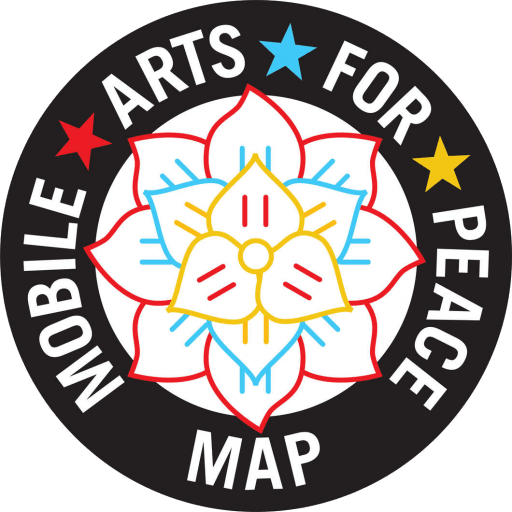
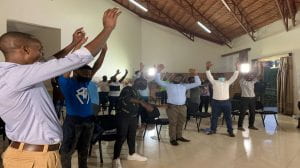
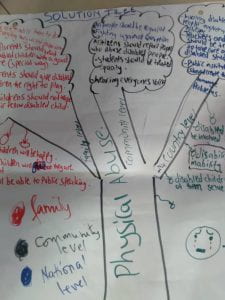
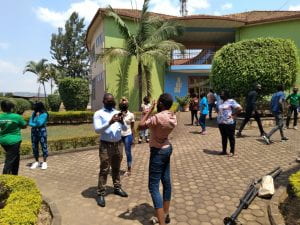
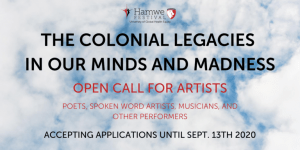
Recent Comments